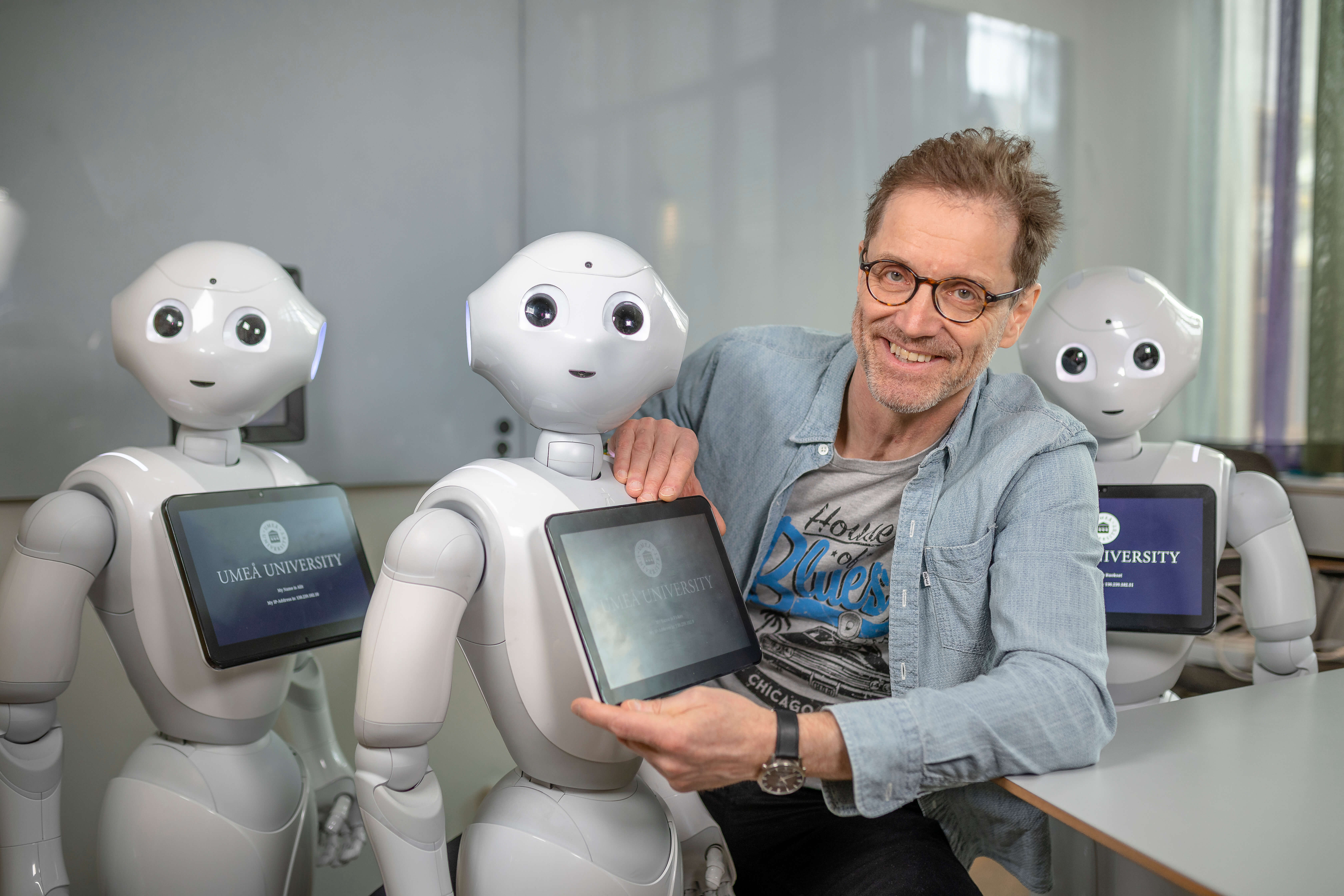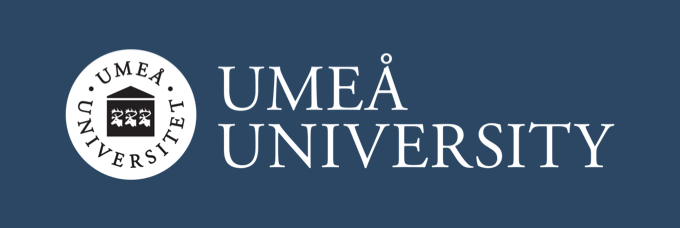Be it the progressive politics and much-envied welfare system, or picturesque beaches and mountains, there are many reasons why the world’s most talented choose to study in Sweden. It is the home of the GPS, Nobel Prize, IKEA, ABBA, H&M and Daim chocolate — some of the most enduring and prolific products and services in recent times. The Scandinavian innovation powerhouse ranks 14th in the QS Higher Education System Strength Rankings.
Sweden is partial to a bit of disruptive pedagogy too. In its schools and universities, creativity is king, classes are non-hierarchical and sustainability is emphasised.
This rebellious spark has bode well for its Artificial Intelligence sector. “In a world full of anxiety about the potential job-destroying rise of automation, Sweden is well placed to embrace technology while limiting human costs,” describes a New York Times article.
Here, robots are boosting industries from travel and transport to healthcare and finance, and making their presence felt in sustainable and smart cities too. From business to technology, the country’s top researchers are leading the use of AI to create, transform and improve many facets of human life — and take us safely into the future.
A report by the World Economic Forum, “Harnessing Artificial Intelligence for the Earth,” states: “AI can help transform traditional sectors and systems to address climate change, deliver food and water security, protect biodiversity and bolster human well-being.”
Top tech companies employ the most AI professionals, who work on a variety of applications, systems, and machines. They create algorithms that offer people suggestions on services like YouTube or Netflix. They develop, test, and improve self-driving cars and drones. They create digital personal assistants which provide useful information.
For young professionals aspiring to be part of this boom, Artificial Intelligence (AI) degrees provide the ideal foundation to do so. The best degrees in this field teach students how to use advanced mathematics, computer science, and engineering know-how to create systems and machines capable of solving problems that normally require natural intelligence.

Discovery, problem-solving, critical thinking and creativity are features shared by great research and inspiring learning environments. Source: Umeå University
Studying Artificial Intelligence at Umeå University is the first step towards becoming such experts with the skills, knowledge and pluck to rise to the top of this field.
Programmes here provide the perfect balance between practice and theory. Whether it is sampling ecosystems, analysing crime scenes or building robots, it is a hands-on experience at Umeå University.
“The Department of Computing Science is very well-known and has a really good reputation. I’m impressed by the different fields in AI and that the department takes part in the WASP. It’s really good to hear that many of my colleagues are involved in these projects,” shares PhD student Francisco López Sánchez, who arrived in Umeå after completing his master thesis in the field of high-performance computing applied to seismographic signals analytics in RWTH Aachen, Germany.
In 2020, it launched a Master’s Programme in Artificial Intelligence. Fusing broad knowledge in AI and deepened learning in profile areas such as theoretical foundations of artificial intelligence, human-AI interaction, intelligent robotics, machine learning or data science, this degree prepares one for a career in research or as an AI specialist in industry or the public sector.
The first year starts with four mandatory courses common for all profiles: on the foundation of AI, on AI and its methods and applications, on machine learning, and on designing interactive intelligent systems.
The profile area data science encompasses four additional mandatory courses that lead to a degree in Mathematical Statistics. For the four remaining areas, students have a higher freedom to choose courses depending on interest to earn their degree in Computing Science with a profile in Artificial Intelligence, although some courses are strongly recommended.

Umeå University offers flexible and rewarding teaching programmes that give students the advantage in achieving personal and professional goals. Source: Umeå University
A future-forward faculty
The Faculty of Science and Technology conducts teaching and research in environmental science, conservation biology, forensic and analytical science, and the biomedical sciences. Its offerings in data science, artificial intelligence, Internet of Things (IoT), machine learning, robotics, cloud computing and cybersecurity complement these.
These fields surround both the theoretical study of algorithms (including their design, efficiency and application) and the practical problems involved in implementing them in terms of computer software and hardware.
Discovery, problem-solving, critical thinking and creativity are features shared by great research and inspiring learning environments. Umeå University integrates its approach to research and learning, so not only are students engaged with the research academics are undertaking, but also with inquiry-based approaches to research.
Its range of innovative and relevant master’s programmes includes Chemistry; Molecular Biology; Environmental Sciences; Earth Science; Artificial Intelligence; Robotics and Control; Interaction Design; Architecture and more.
Its greatest asset, however, is its team of academics, who are experts in their fields with a wealth of knowledge and experience in academia and industry to offer. The school has a cohort of world-renowned professors who make distinct enrichments to the teaching, research and leadership activities.
Such offerings captivated Demian Hauptmann from Germany so much during his Erasmus exchange year that he came back for his master’s and now continues as a doctoral student.
“In Germany, you would have five to eight different courses that run through the term and exams in the end. It’s super stressful and you still don’t learn a lot. You just learn for this one occasion,” he says. “Here, I really learn something. You take one course at a time and lectures have more of a seminar structure because there are fewer people.”
“Here, you don’t have that distance between teacher and student and they encourage you to think more and tell your thoughts.”
To learn more about the Faculty of Science and Technology, click here.
Follow Umeå University on Facebook, Instagram, Twitter and YouTube











